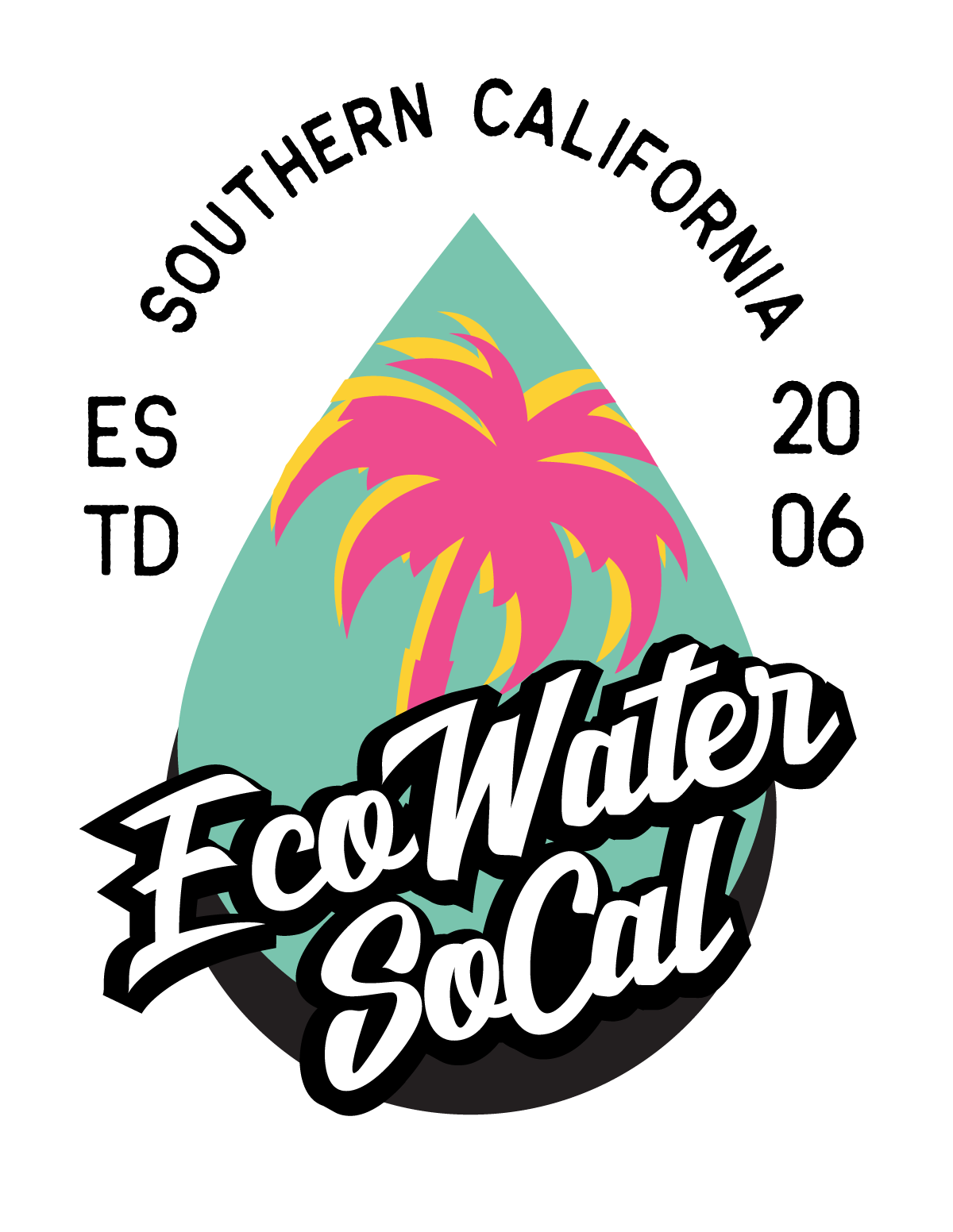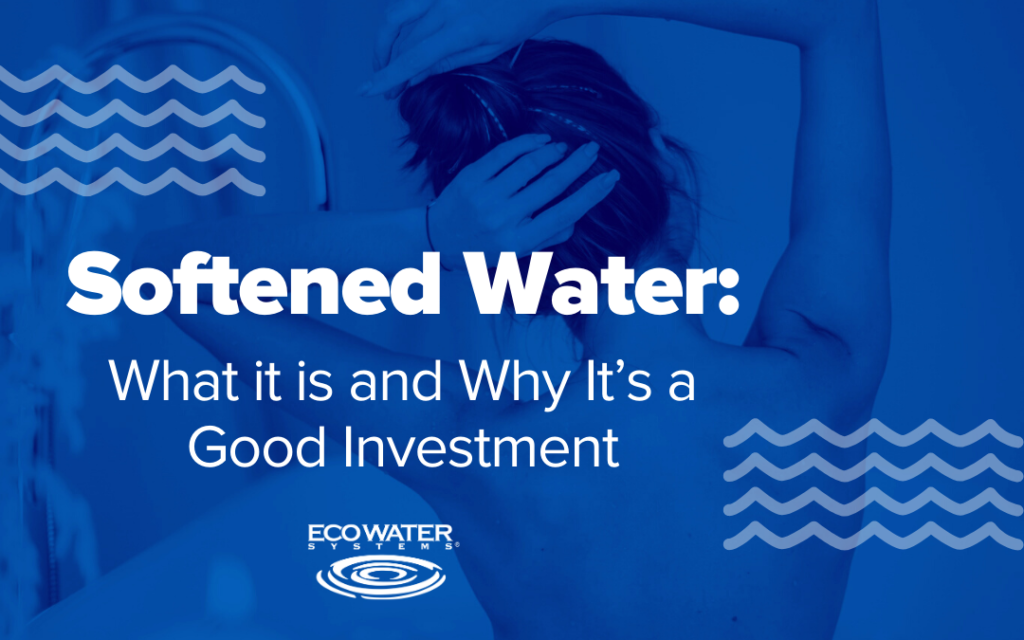Softened water is a type of water we often hear about, but few people really understand what it is. For areas prone to or afflicted by hard water, soft water can be a saving grace. Free from the harsh minerals found in hard water, softened water is easier to drink, better for your home and comes with a variety of benefits. With a little help from our team of water experts at EcoWater, we’ve put together a quick, helpful read to educate you on exactly what softened water is and why you should look into it as a solution for your home.
What is the purpose of softened water?
Well, to explain softened water, we first have to start with describing hard water. Hard water is water that flows into your home with a high mineral content. These minerals generally consist of calcium, magnesium, bicarbonates and sulfates. Aside from drinking in a lot of potential toxins, hard water also is the culprit behind soap scum and spotting on glassware, and it makes washing yourself and the items in your home difficult. Softened water refers to water that has gone through a process to remove the metals, making the water safer to drink, reducing the speed with which soap scum builds up and easing the washing process.

The benefits of softened water, in detail
EMThere are a number of health and practical benefits to having softened water in your home. We spoke with some of our water experts here at EcoWater, and here’s what we learned from them:
Improved Kidney Function
Our kidneys are constantly working to filter out toxins and other unnecessary substances from our bodies. Hard water, with its excess of minerals, forces your kidneys to work overtime. All those carbonates and sulfate salts found in hard water go right into your system, which can lead to abnormally high levels of calcium and magnesium in your urine. This greatly increases the chances of forming kidney or urinary stones. When you’re drinking softened water, these
issues are far less likely to occur.
Better Hair and Skin
As we mentioned above, hard water makes it difficult to clean things, and that includes our own bodies. The heavy mineral count found in hard water makes it hard to even attain a lather with your soap or shampoo. It can cause your hair to dry out and increases the prevalence of dandruff. With softened water, your hair can more easily shine while your scalp maintains its health.
Hard water also gives your skin a beating. When working with soap, instead of producing suds, in creates more of a film-like substance that can actually build up on your skin, increasing the potential for a variety of skin issues, like blocked pores (and therefore breakouts), scaliness and outright eczema. Softened water gives you that rich lather you need for a true clean.
Greater Fertility in Men
Studies have shown that the heavy mineral count in hard water can alter the production and appropriate levels of reproductive hormones in men. Plus, excessive dietary calcium can lower a man’s overall sperm count. So softened water isn’t just healthy for men — it’s a great way to improve the odds of starting a family.
Reduces your Cleaning efforts
Soap scum and spotting on glassware are just some of the issues that come with hard water. This buildup of excess minerals is easily seen on your fixtures, dishes and glassware, making it hard for them to ever be truly clean. Hard water can also wreak havoc on your laundry, as it can dull the color of your clothes and make your whites look dingy. With softened water, your detergent dissolves with far greater ease, protecting your clothing and reducing the amount of detergent you need to use in the process.
Increases the Lifespan of your Water-Fed Appliances
You know that soap scum that can accumulate around the drains of your showers, tubs and sinks? That same residue can form inside the water lines leading to your fridge, dishwasher, washing machine and any other appliance that uses water as part of its functionality. As the minerals build up inside your machines, they become less and less effective at doing their jobs, and they have to be serviced or replaced more often. Softened water removes this hazard, ensuring cleaner water is flowing through them and making them last longer.

I think I need a water softener. What should I do?
If your house’s water supply is fed by a private system, you have a one in two chance that the water is contaminated. In fact, a recent Penn State study shows that fifty percent of private water systems cannot pass at least one drinking water safety standard. Routine testing can help ensure that your private water system is providing you with clean, potable water.


